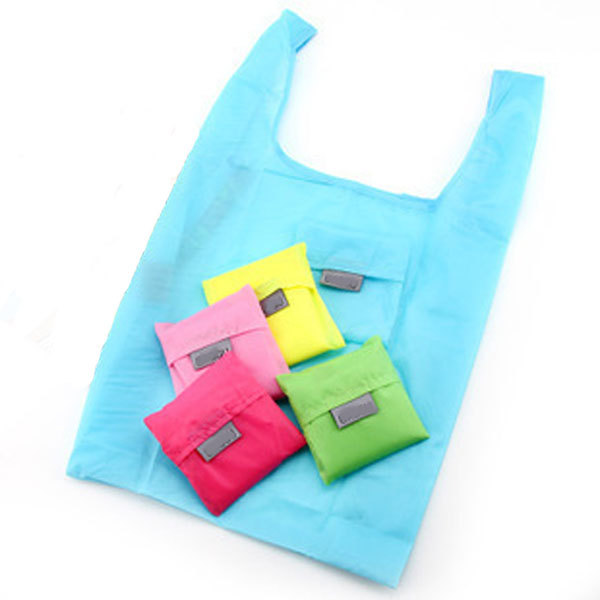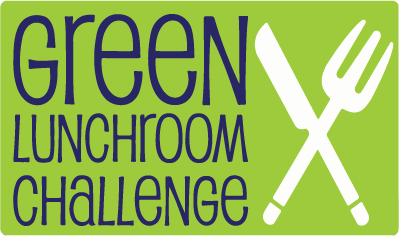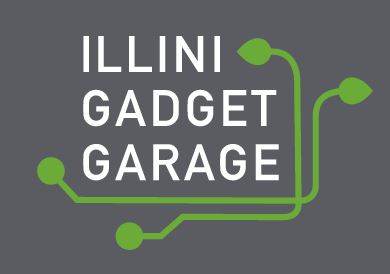
Aah….the New Year’s resolution. Whether it was exercising, dieting, crafting, getting out doors, or cleaning more frequently, it always seems that life took over and I was back to doing the bare minimum just to make it through the week. So when I decided to write a blog on sustainable New Year’s resolutions, I thought, “Oh boy!” there are so many great sustainable things to do like growing your own food in your back yard with your own compost or installing renewable energy sources on your property to get totally off the grid. But then I had to stop myself because here I was again setting New Year’s resolutions that were too ambitious for my current life style. So let’s start with the basics. Here are eight easy sustainable New Year’s resolutions that just about anyone could incorporate into their daily routine. Don’t worry about them all; just pick your favorite one and give it a try this year!

- Reusable beverage containers – Many places have rewards programs when you buy their reusable beverage containers and they often come in stylish patterns that can set you apart from the average mobile drinker. In addition, reusable water bottles come in all sizes, shapes, and styles these days and a one-time investment in a reusable water bottle can provide you with free water for the rest of your life because nearly every place has a drinking fountain or sink where water bottles can be filled. (And by the way, there are more safety regulations on tap water than bottled water, making it a better choice in most instances as well as saving money.)
- Eating in season – We all have to go to the store to get food (unless we have a large garden) but instead of just getting the usual stuff, think about what food is in season and was grown locally. By shopping for in season and local produced food, you can make a big dent in your carbon footprint because the food wasn’t shipped from all over the world.
 Reusable shopping bags – Avoid having to choose between paper or plastic and which one might be better for carrying different items vs. their environmental impact by investing in reusable shopping bags. Usually they fold up into small bundles and can be left in the car so you will never forget them when you are at the store.
Reusable shopping bags – Avoid having to choose between paper or plastic and which one might be better for carrying different items vs. their environmental impact by investing in reusable shopping bags. Usually they fold up into small bundles and can be left in the car so you will never forget them when you are at the store.- Drive less – In the city, many have embraced public transportation as a great way to move around quickly and avoid pollution from driving their own vehicles. But that often doesn’t work for most small cities and rural communities. Consider working from home and/or teleconferencing a couple days a week if your work allows. Or check with people in your neighborhood or at your work to see if you can set up a carpool. Also, combining errands by location and day can reduce your carbon footprint and time spent driving around town.
- Sustainable laundry – Some articles of clothing don’t need to be washed as often as we might think. For example, a student-professor team at the University of Alberta found that new jeans could be worn and not washed for 15 months without affecting a person’s health (see article on not washing jeans). In addition, consider the natural drying power of a clothes line either in the back yard, basement, or spare room to avoid using electrical or gas power for drying.
- Reduce, reuse, recycle – Reducing waste is the number one way to be more sustainable and have a zero waste life style. If you buy individual servings, consider buying a bulk container to reduce packaging or think of another use for the individual serving containers. If you find that you aren’t using something as much as you have in the past, think about cutting that item off your shopping list.
 Donating old stuff – With the New Year comes Spring Cleaning. Don’t just toss out all that junk and old clothes; many reuse stores such as Goodwill or Habitat for Humanity will take all sorts of items from small appliances, furniture, silverware, to clothes, decorations, and games. This way you can keep stuff out of the landfill and get a tax benefit and/or the pleasure of giving items which others can use!
Donating old stuff – With the New Year comes Spring Cleaning. Don’t just toss out all that junk and old clothes; many reuse stores such as Goodwill or Habitat for Humanity will take all sorts of items from small appliances, furniture, silverware, to clothes, decorations, and games. This way you can keep stuff out of the landfill and get a tax benefit and/or the pleasure of giving items which others can use!- Energy efficiency – Throw on an extra sweater this winter and keep the thermostat down to reduce energy consumption and save money on your bill! Also, when a light bulb burns out, try replacing it with an LED bulb. The LEDs are a little pricier but they last longer and use so much less energy than conventional bulbs that the investment is worth it in the end. LEDs have conventional watt bulb comparisons on their box as well as a cool-warm light emission rating, so if you like the warm glow of traditional bulbs you can get the same look with an LED.
For the more ambitious sustainability enthusiast or if you just want to check out some cool stuff:
 Easy Green Sustainable Solutions – A Facebook page sharing hub for Low tech DIY sustainable solutions to inspire you to get you off the grid sooner!
Easy Green Sustainable Solutions – A Facebook page sharing hub for Low tech DIY sustainable solutions to inspire you to get you off the grid sooner!- Sustainable Solutions Partners – A sustainable tech company that can help you and your home go green.
- Tiny House Movement – a little bit of background with Wikipedia; then check out Tumbleweek Tiny House Company where you can design your own tiny house!
Sources & Ideas
- Resolutions for a Green New Year
- Eight Sustainable New Year’s Resolutions
- Sustainable Resolutions for Your Diet
- 10 Sustainable New Year’s Resolutions
- 14 Sustainable Resolutions for a Green 2014
- Green New Year Resolutions
- Sustainable New Year’s Resolutions
- Sustainable Solutions for Resolutions: SAUWS Environment’s 10 ideas for sustainable New Year’s resolutions
Companies and products mentioned in this blog are not an endorsement but merely discussed as an example.







